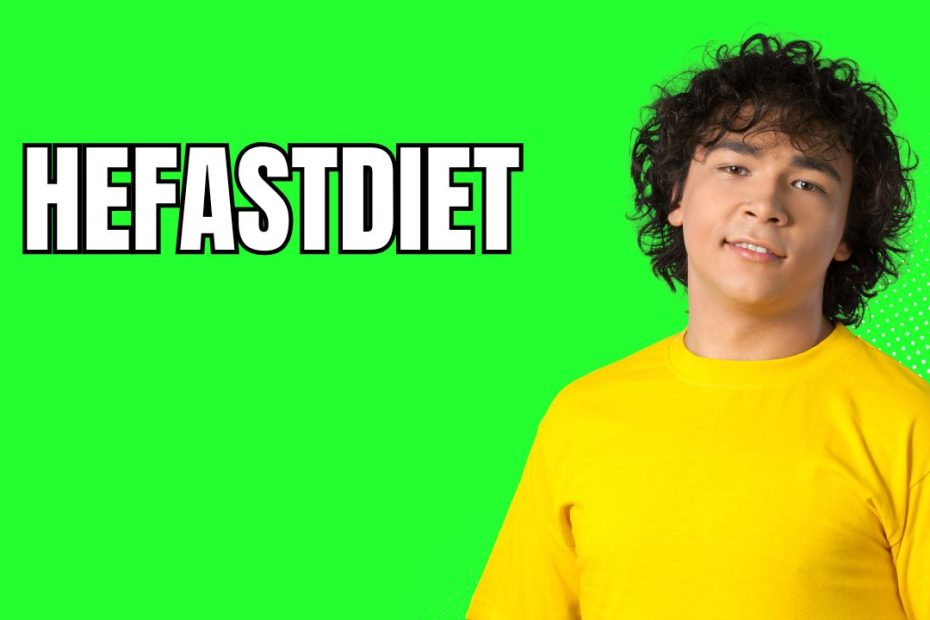The Fast Diet, also known as the 5:2 Diet, is a popular approach to intermittent fasting that encourages healthier eating habits and sustainable weight loss. The concept was popularized by Dr. Michael Mosley and has since attracted a large community of followers worldwide. The website acts as a resource hub offering guides, recipes, forums, and support for individuals practicing the plan.
How It Works
-
Normal Days (5 days a week): Eat a regular diet without strict restrictions.
-
Fast Days (2 days a week): Caloric intake is reduced to about 500 calories for women and 600 calories for men.
-
Flexibility: Fast days are non-consecutive, making it easier to manage.
-
Food Choices: Focus on lean proteins, vegetables, fruits, and nutrient-dense meals.
-
Lifestyle Fit: Designed to be simple, sustainable, and adaptable to personal schedules.
Benefits of the Fast Diet
-
Supports gradual and sustainable weight loss.
-
Improves blood sugar regulation and insulin sensitivity.
-
May reduce cholesterol and blood pressure.
-
Encourages mindful eating and portion control.
-
Less restrictive than daily calorie counting.
Things to Consider
-
May cause hunger, fatigue, or irritability on fast days.
-
Requires discipline to avoid overeating on normal days.
-
Not recommended for pregnant women, underweight individuals, or those with eating disorders.
-
Medical consultation is advised for people with health conditions.
Comparison Table
| Aspect | The Fast Diet (5:2) | Traditional Dieting |
|---|---|---|
| Structure | 2 low-calorie days, 5 normal days | Daily calorie restriction |
| Flexibility | High – easy to schedule fast days | Low – requires consistent restriction |
| Ease of Adoption | Simpler, less overwhelming | Often harder to sustain long-term |
| Results | Steady weight loss and health improvements | Weight loss varies, sometimes less steady |
